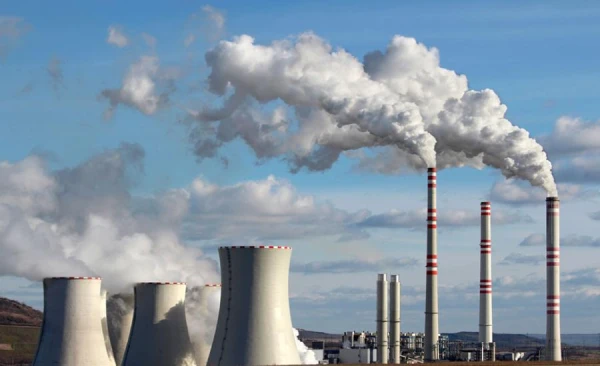
With great noise and fluctuations in the ruling coalition, the adopted law "On Pollution" paved the way for the laws on transport energy and economic sustainability — together they ensure the rise in fuel prices, writes Arnis Kluyins on nra.lv.
This is a rare case in the work of the Saeima, when the opposition managed to delay the adoption of the law "On Pollution" twice, disrupting sessions due to lack of quorum. The coalition was forced to urgently replace a sick deputy with someone who could at least come and vote to maintain its numerical majority — even if only arithmetically.
This was enough to gather 51 votes "for" on October 9. Since then, the coalition has plunged into such disagreements that it remains unclear who will vote with whom on each more or less significant vote, for what or against what.
Nevertheless, the next two laws are likely to be adopted. Moreover, in the foreseeable future, and not after a change of government or new elections. This is due to the fact that the Saeima has already conceded on the main issue: trading in air has been implemented into Latvian legislation — practically in the form of a tax on breathing, described in history as a benchmark of absurdity.
The EU replaced the word "breathing" with "CO₂ emissions" and called it an emissions trading system (ETS). Breathing air can be done for free, but exhaling is no longer free, because exhalation is a CO₂ emission, the author clarifies.
The EU scares Latvia, but is itself afraid
The tax on exhalation is disguised by the fact that the ETS does not apply directly to people, but to buildings, transport, and other aspects of modern life (the so-called "additional sectors"). Only those who live without housing, without transport, without clothing, and other goods — that is, in caves, like in the Stone Age — will be able to avoid participation in the ETS. How many people lived like this in Europe? How many must disappear to return to that?
That is why Saeima deputies resisted, but ultimately were forced to vote "for" — not least under the threat that without the law "On Pollution," the EU would no longer pay Latvia its "subsidy," without which the Saeima itself cannot exist. And if the law is not adopted — payments will decrease or be counted as a fine for emissions without purchasing quotas. Deputies reassured themselves that the European Commission itself fears the consequences of the ETS and may soften its conditions.
Currently, ETS-1 is in effect — with limited coverage. It has not yet thrown Europe back into the Stone Age, but it is already causing complaints about the EU's lack of competitiveness. Therefore, even within the EU, there is no full confidence about when and how ETS-2 will start operating.
The opposition speaks, the coalition justifies
Since all modern life involves the movement of people and goods, a special "Transport Energy Law" is being created to reduce emissions in the transport sector. It has already passed two readings and is ready for a third. It is being considered by the Committee on Economic Affairs, Agriculture, Ecology, and Regional Policy.
This law is supposed to explain how the rise in fuel prices will lead to a reduction in CO₂ emissions by decreasing transportation volumes. The "least painful" way to reduce transport is to reduce the number of people, which Latvia is already successfully doing, writes Kluyins.
The adoption of the law "On Pollution" gave the opposition a platform to declare: the price of fuel will rise to more than 2 euros per liter precisely because of the ETS. "What were you applauding for? For the fact that the price of fuel for our society and businesses will rise by more than 30 cents above the market?" exclaimed National Alliance deputy Janis Vitenbergs. Edgar Tavars from the "United List" added that the increase will trigger a chain of new price hikes — with VAT — and could reach 40 euro cents per liter.
The price increase will also affect the overall price level, including both turnover and the production of fuel, which must develop in Latvia according to the same transport energy law.
Yesterday in Latvia, fuel prices were:
- diesel: 1.54 €/l
- gasoline 95: ~1.55–1.58 €/l
- gasoline 98: 1.63 €/l
Latvia commits to adding unknown substances to fuel
The law stipulates that the increase in costs will occur due to an increase in the share of non-fossil fuel. This will be achieved in two ways:
- Adding plant-based products to regular fuel (e.g., biodiesel, biogas).
- Accounting for the structure of electricity consumption as an alternative to fossil fuels.
To "force" consumers to buy this expensive fuel, its increase in price will be presented as "cheapness" compared to how much an emissions quota for CO₂ would cost if fossil fuel were used. But the prices for quotas are unknown, as is the composition of "green fuel," which does not even have established names.
Reducing emissions causes even more emissions
Legislators are forced to take risks by replacing familiar fuel with substances whose properties and costs have not even been determined in laboratories. In a test tube and in industry — these are different processes with different expenses.
Business invests only when there are guarantees of sales. And this creates an absurd situation: if "green" fuel turns out to be more expensive than ETS, the ETS will simply be raised so that the expensive "green" fuel becomes profitable. As stated by Liga Kurevska, State Secretary of the Ministry of Climate and Energy:
"If 'green' fuel becomes more expensive than ETS-2, the ETS will be raised. I think the logic does not need to be explained."
In other words, the state guarantees producers sales regardless of price — which means there is no incentive to lower prices.
Andrei Celapiters, elected from the "New Unity" list but having left the party, stated that the production of biodiesel, which Latvia will be obligated to under the law, will itself cause an additional 200,000 tons of CO₂ per year, due to cultivation, processing, and degradation of fuel quality with bio-additives. To compensate for this — it will be necessary to reduce transport movement and even human activity, including breathing — through population reduction.



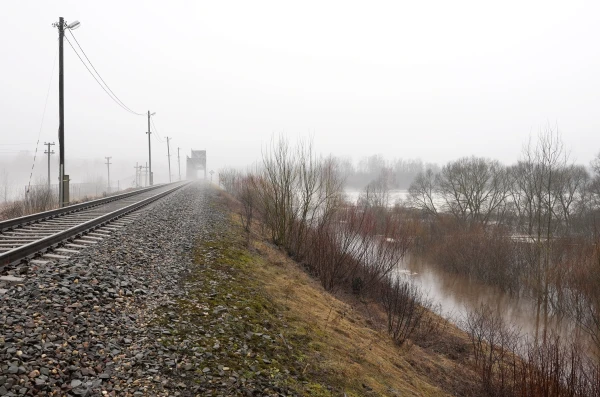
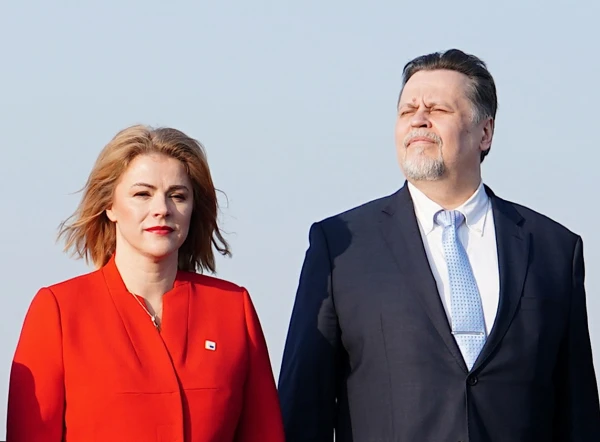
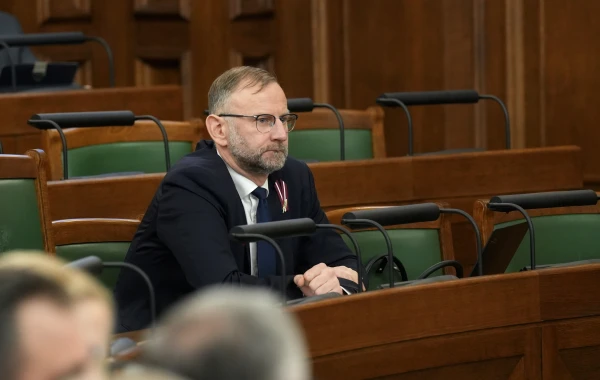
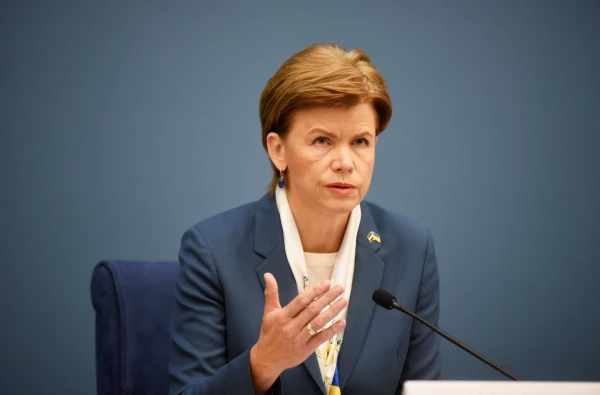

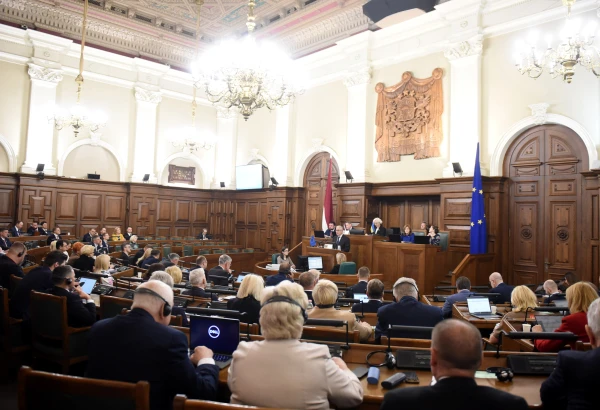

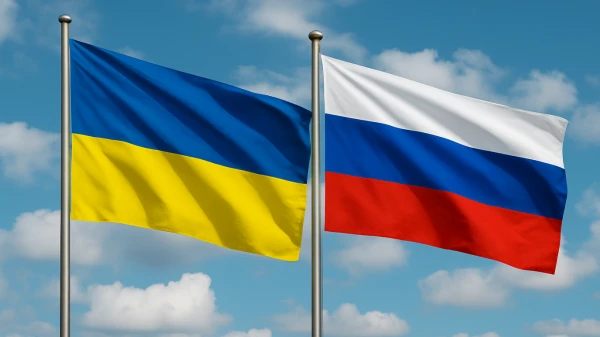




Leave a comment